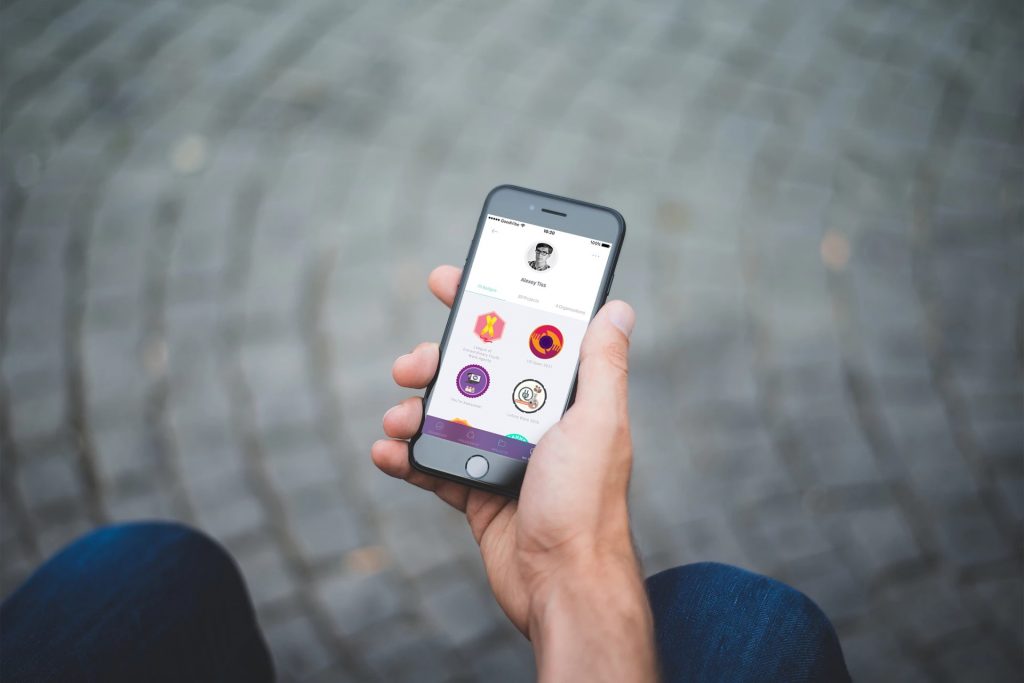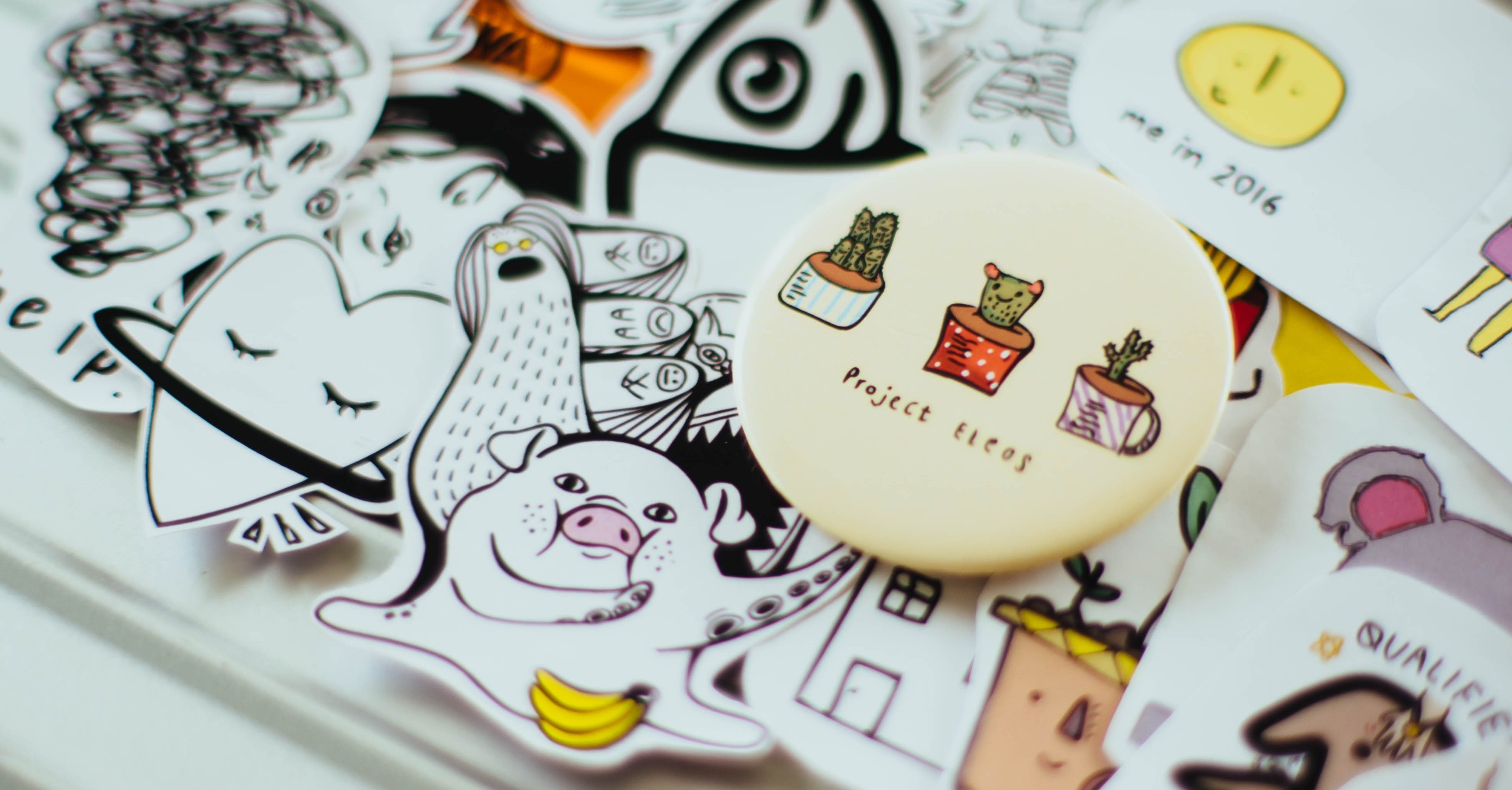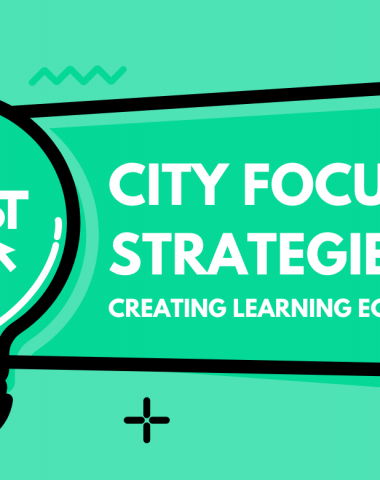What are Open Badges?
Cities of Learning, an online platform enabling youth to pick and choose learning opportunities based on their passion and interests, relies heavily on the use of Open Badges (Read more about the project here).
Open Badges (or Digital Badges) are essential in assuring that the learning progress, which happens on the Cities of Learning platform, is sustainable, recognisable and can be shared in the places that matter. Here are four reasons why we think that Open Badges is the best digital solution to reach this goal:
No 1: Familiarity
Today, youth is already familiar with the use of badges on the web. Badges are an online representation of a skill or achievement that a user has learnt. You might have seen it in the latest online game or other online space where badges are being used to motivate behaviour, asses evidence of learning and recognise any achievements that matter. Open Badges are an extension of that. Open Badges are digital credentials that may represent status, participation, interests, competencies and achievements.
Mozilla Foundation introduced Open Badges Infrastructure in 2011 as a new shared technical standard to help recognise skills and achievements. Today, it has been adopted by a vast number of organisations across the globe.
No 2: Accessibility.
Since learning happens everywhere, lifelong learners are in need of a tool that transcends the walls of traditional learning institutions. In the last seven years, badges have gained widespread interest and adoption by policy, technology, and education stakeholders. Open badges enable platforms like Cities of Learning to offer access to learning opportunities in schools, online spaces, cultural and civic institutions, and community and professional organizations. The best part is that learning becomes accessible and open to everyone, a user is not bound by a student status or the lack of it. Basically, anyone who has completed a project, or programme or successfully demonstrated specific knowledge, skills and abilities can earn a badge.

No 3: Adaptability.
If learning happens everywhere, then recognition of one’s skills should be just as flexible. Open Badges can easily adapt to the users’ needs and enable them to share their learning achievements in places like online portfolios, CVs or social networks. The ability to showcase one’s knowledge and skills in the places that matter can open new life and career opportunities. Also, with more and more organizations joining the open-badge movement, the ways and places to use your digital badges continue to become increasingly diverse.
No 4: Impact on Learning
Open Badges have the ability to transform the way we learn. Creativity, teamwork or time management skills are just as important as math or science. However, these and similar skills are not easily captured by the test scores and grades in traditional places of education. Badges can solve this challenge by offering a flexible recognition system adapted to the needs of learners and learning providers. The flexibility of a badge allows one to align it well with the nature and specific context of learning. Learners can actually take part in defining badges they would earn. This creates learning and recognition more meaningful and holistic.
Moreover, badges can be organized into badge maps allowing users to guide their own learning. For learning providers, it creates the opportunity to better engage their learners and to find and develop unique skill sets needed for society.
Open badges make the learning processes and outcomes more visual, tangible and also fun. Most importantly it creates opportunities for a genuine interdisciplinary lifelong learning journey.
The article is based on the video “What is A Badge?” by the Chicago Summer of Learning initiative.
Curious about more?
Check out these videos:
Open Badges essentials
How to define a good badge?
First Steps to Start Using Open Badges
Building Trust and Recognition with Open Badges
European Badge Alliance – badges for learning mobility
What’s next?
Do you wonder how we use Open Badges to make informal education more accessible to European youth? Read about the Cities of Learning project here. Also, don’t forget to follow us on Facebook, Twitter and LinkedIn.






Add Review